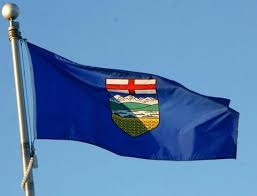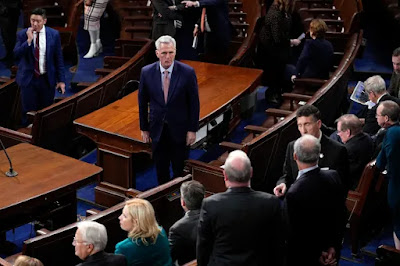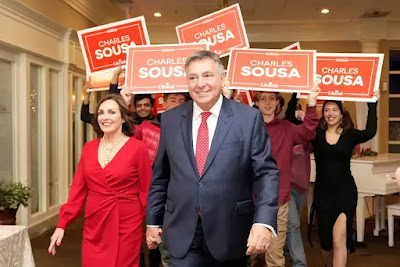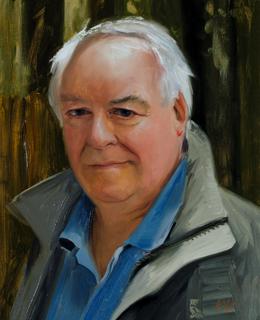There are several myths floating in the ether these days. One of them is the notion that the amount of wealth one accumulates is a reliable measure of intelligence. Elon Musk puts the lie to that notion. Greg Sargeant writes:
Over the weekend, Elon Musk called for the prosecution of Anthony S. Fauci, the leading infectious-disease expert in the Biden administration. “My pronouns are Prosecute/Fauci,” Musk tweeted, mocking transgender people for good measure. Musk then endorsed a complicated right-wing conspiracy theory about Fauci’s role in the covid-19 pandemic.
This sort of info-warring, at bottom, is what characterizes Musk’s transformation into the world’s richest right-wing troll. Tons of pixels have been wasted on efforts to pin down Musk’s true beliefs, but whatever they are, we can say right now that he’s consciously exploiting fundamental features of the right-wing information ecosystem.
In his attack, Musk flatly validated a big right-wing obsession: The idea that Fauci was involved in U.S. government funding of controversial early research into covid, and lied to Congress about it. As The Post’s Glenn Kessler demonstrated, this is a highly complex dispute, but there are zero grounds for concluding anything remotely like that happened. Musk’s claim is at best profoundly irresponsible and at worst straight-up disinformation.
Forty years ago, Harvard psychologist Howard Gardner advanced the idea that there are eight different types of intelligence -- spatial intelligence, bodily-kinesthetic intelligence, musical intelligence, linguistic intelligence, logical-mathematical intelligence, interpersonal intelligence, intrapersonal intelligence, and naturalistic intelligence.
Clearly, Musk possesses significant mathematical and spatial skills. However, in several other categories, he's a mental midget.
Image: Angela Weiss and Mandel Ngan/AFP via Getty Images



























